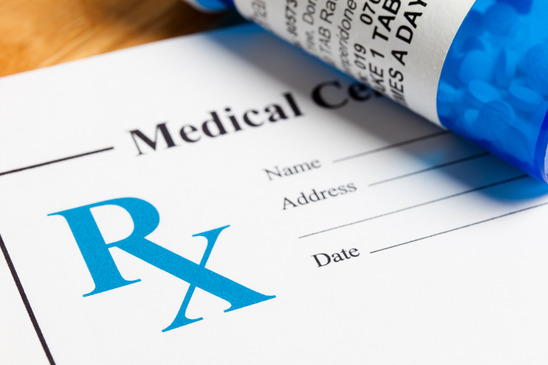Most nurses, doctors and pharmacists do all they can to provide reliable care. Unfortunately, medical professionals are only human, and they make mistakes just like everyone else. In fact, health-care errors are alarmingly common in the United States.
According to data from the Centers for Disease Control and Prevention, adverse drug events (ADEs) cause approximately 700,000 emergency department visits and 120,000 hospitalizations every year.
Merck and Co groups adverse drug reactions into three main categories based on their cause:
- Reactions Due to Dosage: These happen when a patient takes too little or too much of a medication;
- Reactions Due to Idiosyncrasies: These happen when a patient’s body has an unexpected, adverse response to a medication; and
- Reactions Due to Allergies: These happen when a patient’s immune system has an adverse reaction to a medication.
Adverse drug events can cause severe and potentially fatal side effects. Many ADEs happen due to the negligence of pharmacists and prescribing doctors.
If you were hurt or lost a family member due to a pharmaceutical error in Texas, turn to the Robson Law Firm for legal advice. An injury attorney in Austin will evaluate your case in a free consultation.
The at-fault medical professional or health-care facility may be liable for your medical bills, lost income and other damages you incurred due to the medication mistake. Call 512-345-8200 to schedule a consultation. You can also visit http://medical-malpractice.usattorneys.com/ to learn more about medical malpractice claims.
3 Common (and Possibly Fatal) Pharmaceutical Errors That May Constitute Medical Negligence
Most pharmacists complete eight years of education before entering their profession. With so much training, it seems incomprehensible to think that a pharmacist could make a potentially fatal error. However, all it takes is one oversight due to fatigue, alcohol or drug use, or simply misreading a prescription to injure a patient.
These three medication errors are particularly common in the United States:
- Mixing up Two Patients’ Names
If a pharmacist mixes up two patients’ names, then both parties could wind up suffering unexpected side effects due to a drug they should not have been taking in the first place. What’s more, their original conditions will be left untreated. Whenever you receive a medication from your pharmacist, it is essential that you review the label and confirm that your name is spelled correctly, and that the medication name and dosage are correct.
- Mixing up the Names of Two Medications
According to ConsumerMedSafety.org, there are dozens of medications with similar names that are often confused by pharmacists. Common examples are:
- Acetazolamide and acetohexamide;
- Adacel and daptacel;
- Advair and advicor;
- Aldara and alora; and
- Allegra and Viagra.
Again, patients can avoid complications by verifying that the details on their medication labels are correct.
- Dispensing Alternative Drugs
If a particular medication is not available, a pharmacist may choose to dispense a drug that treats the same condition. However, a minor difference in the composition of two drugs can affect the way they interact with foods, drinks and other medications. Patients should never accept an alternative drug in place of the prescribed medication.
If you were injured or lost a loved one due to a medication mistake, contact the Robson Law Firm. Call 512-345-8200 to schedule a consultation with a personal-injury lawyer in Austin.








